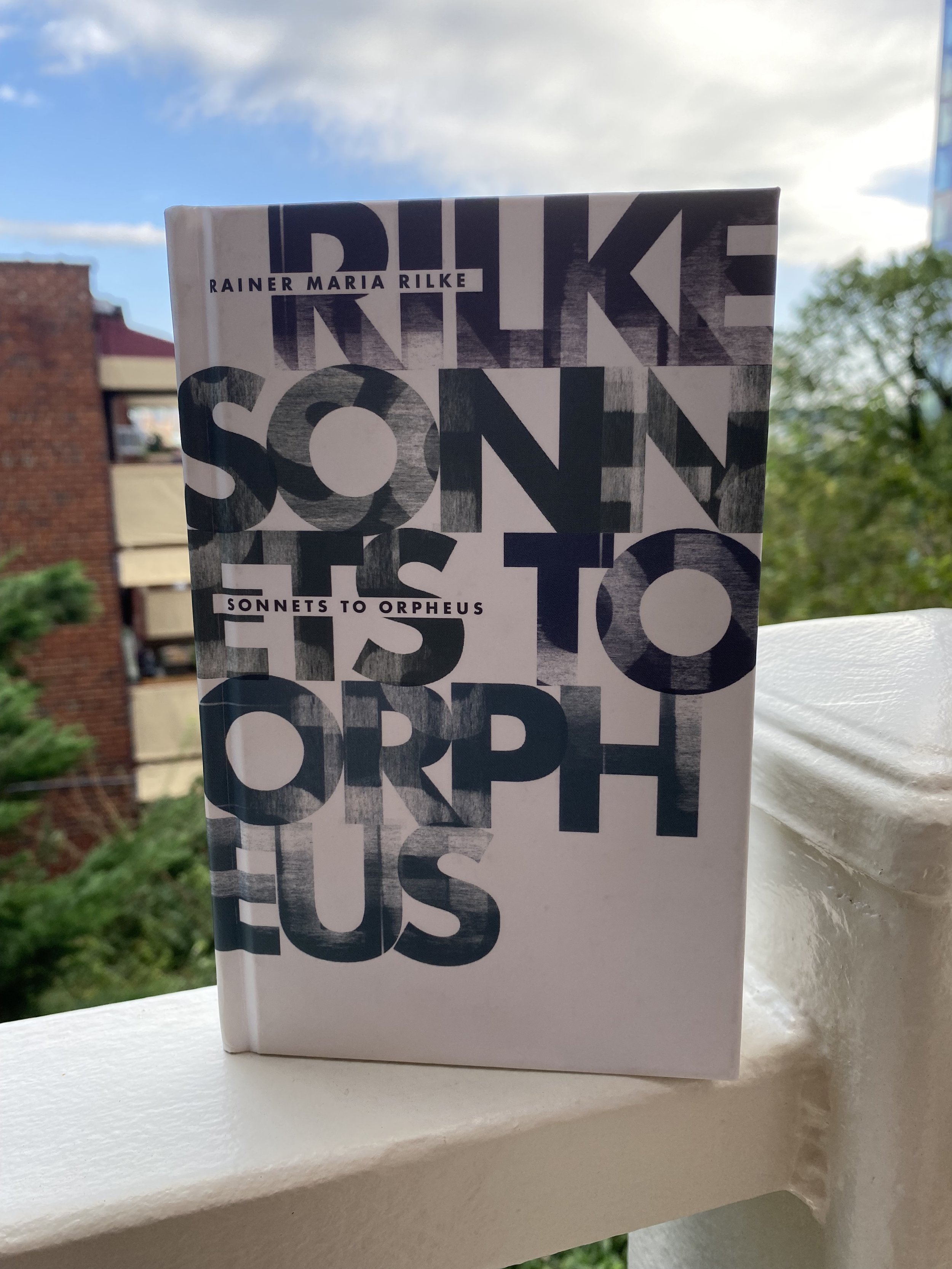4/5 stars
What's it about? In a span of days, Rilke composed these heady, dreamy sonnets about phases of being, inspired by the death of a young dancer. Brilliant in their form and drenched in gratitude, these poems celebrate life in all its forms, rendered delicately by Marks’s translation.
How’d I find it? A thoughtful gift from my beloved.
Who will enjoy this book? Fans of Greek classics and Seamus Heaney should enjoy.
What stood out? Just as impressive as the burst of inspiration that birthed these poems is the lyricism of every piece, which Rilke intended to be enjoyed aloud. This book is therefore best consumed in heard form — serenade a friend or yourself as you go. You will wish you spoke German to fully appreciate Rilke’s rhyme scheme.
Which line made me feel something? Sonnet 2:1 is a gorgeous meditation on the marvel of breath and opens thus: “Breathing—you invisible poem! / Outer space, continually / exchanged for my own pure being. Counterweight, / site of my rhythmical realization.”









